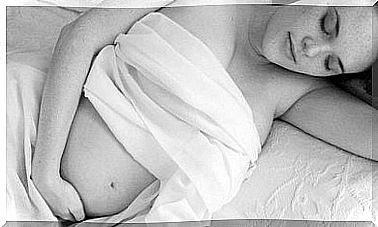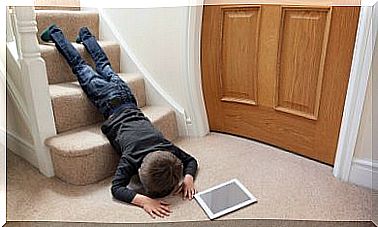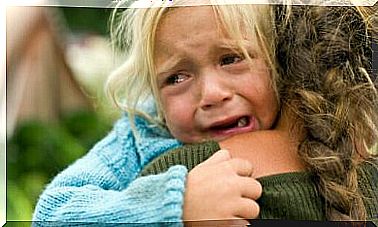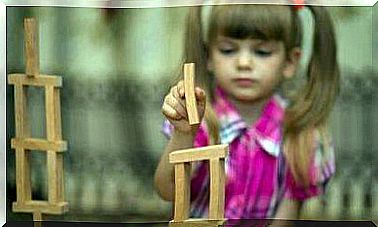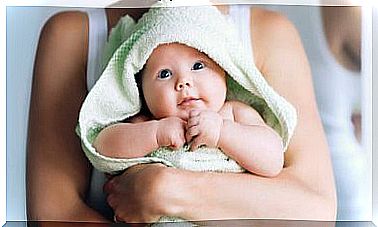What Does Joint Custody Mean?

In many families, joint custody is the best option in the event of a divorce, as it allows children to spend time with both parents.
Divorce is one of the most difficult things a couple can face, and it is almost always the last possible solution. For a child who would like to see their parents together forever, the difference between these can seem very unfair and confusing. The child is not responsible for the situation, and it is important that parents act as mature as possible to minimize the child’s suffering.
Today we will talk about the most essential things about joint custody, which is an option for shaping the future of the family at the time of divorce.
What does joint custody mean?
Joint custody is a legal agreement that specifies that both parents are responsible for the upbringing of their children, even if the marriage is dissolved.
This means sharing time, responsibilities and rights over the child. The agreement clearly states that the costs of caring for the child are the responsibility of both.
Traditionally, in the world, when a couple divorces, the mother has received full custody, while the father has received the right to visit.
This situation is not ideal for a child who needs to spend time with their father much more than just visits.
When there is joint custody, the child is allowed to spend the same amount of time with both parents. That way, neither is left out.
How long a child spends with their parents is up to the family. For example, every parent can have custody every other month, week or some days.
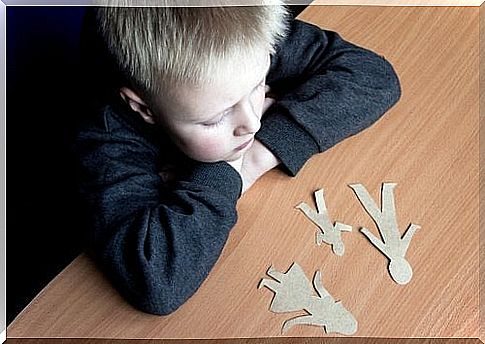
What is required for joint custody?
Some experts believe that this form of custody is less traumatic for the child, as neither parent is left out of the child’s daily life.
However, shared custody is not suitable for all families. For the arrangement to work, the parents need to be on good terms with each other.
In addition, parents who share custody usually live close together, but in some cases, parents living in different cities are able to arrange for the children to live with each other for months at a time.
The law cannot determine everything. A judge cannot determine every detail of a family’s life if a divorce comes up.
For joint custody to work, parents must agree on what is best for the child’s well-being.
A good way to look at this legal arrangement is to understand that joint custody does not begin with a divorce, but when a couple makes the decision to bring a child into the world. From that moment on, they have shared parental responsibility.
Creating a suitable joint custody agreement may not be a very complicated process as long as the parents agree on what is best for the child.
Benefits of joint custody
Shared custody brings clear benefits to the family:
- It respects the child’s right to maintain constant contact with both parents.
- It responds to a child’s emotional need for the presence of a mother and father figure.
- Deciding on joint custody can reduce tension between parents.
- Children do not feel that they need to choose between mother and father.
- It reduces the risk of the child experiencing guilt in divorce.
- It improves communication between parents.
- Neither parent is more important than the other in a child’s life.
- Because parents need to communicate openly, joint custody increases the chance that the child will accept and understand the difference.
- It reduces the risk of the child moving away from either parent.

Disadvantages of joint custody
The main disadvantages are:
- The process required to adapt to living in two homes.
- The child needs the same goods and other things at the home of both parents.
- Organizing routines can be difficult when parents are resigning.
- Parents should respect the child’s normal schedule. Good communication between them is key. Constant changes in a child’s routine can lead to emotional turmoil.
Despite the pain caused by a divorce, communication with a former partner is very important for joint custody to work.
Just because a relationship didn’t work doesn’t mean you and your ex-partner couldn’t be good parents for your children.
Joint custody is one way to deal with this situation and has many benefits for all parties.
